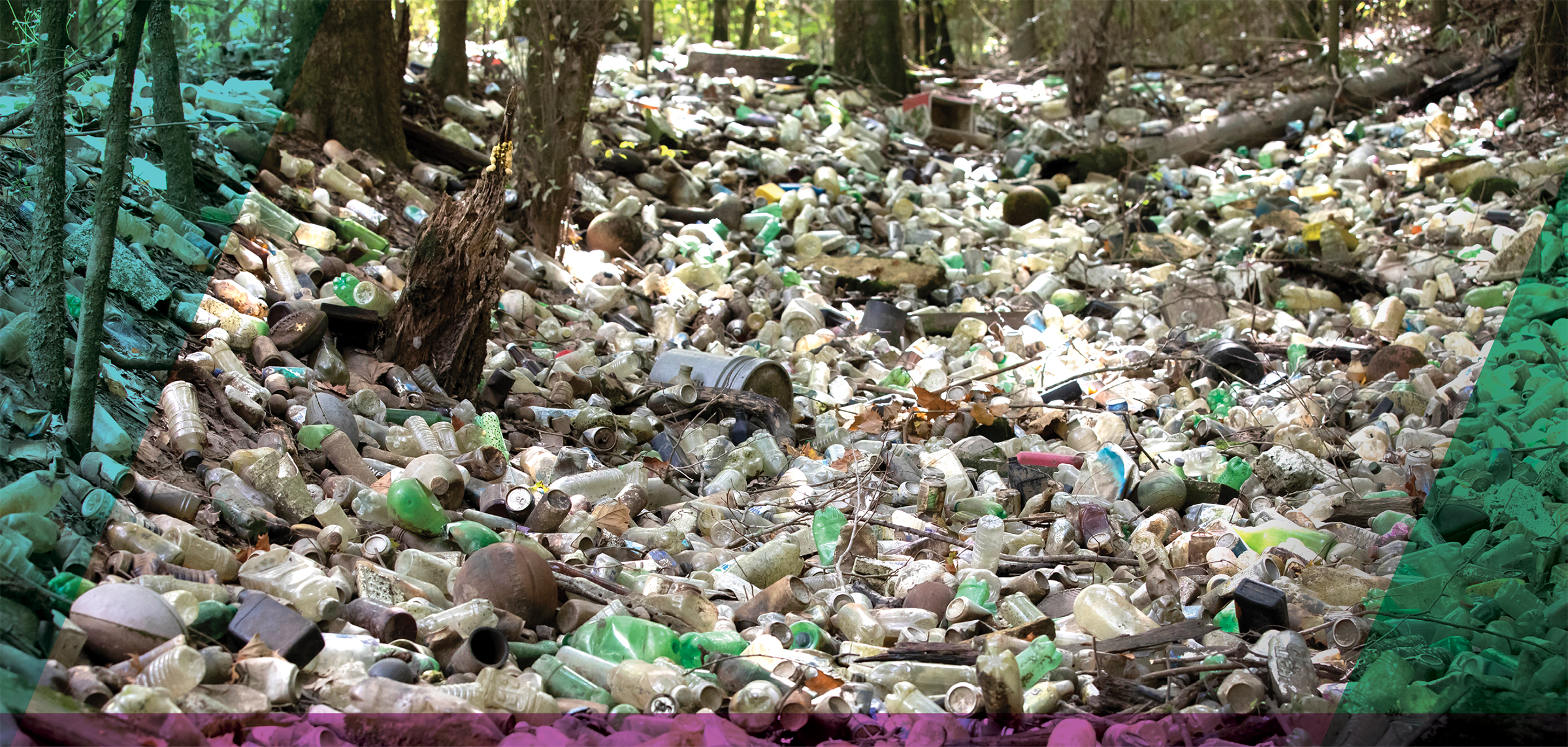
WE DON’T HAVE TO LIVE LIKE THIS.
Louisiana is a #1 rainfall state and has a massive litter problem — together they cause flooding. But our litter and flooding problems can be solved. The solution is stormwater management.
In 2022 Louisiana became the 42nd state to declare stormwater to be a utility. This “local option” legislation provides a reliable mechanism to permanently fund a stormwater management program to address water quality (litter and water pollution) and water quantity (flooding) issues if a town, city or parish needs one.
Stormwater management programs can be “customized” to meet a communities needs and address specific litter and flooding problems. The most successful programs are operated by experts, have a strategic plan as well as citizen oversight and accountability.
“BOTTOMLINE: Local communities have a choice. Either get on board early with low stormwater fees or ‘kick the can down the road’ and end up with higher fees that non-compliance and federal consent decrees often bring.”
According to a 2023 stormwater utility (SWU) survey conducted by Western Kentucky University, 42 states and D.C. have SWUs in place. Louisiana was the 42nd state to declare stormwater to be a utility and East Baton Rouge was the first parish to create a stormwater utility district.
Florida is one of the leaders in stormwater management and is an excellent example for Louisiana because of similar stormwater dynamics, topography and precipitation levels. Over 30 years ago Florida declared stormwater a utility to reduce litter on their streets and in their watersheds (rivers, lakes, bayous and wetlands). The initial goal was to reduce litter by 50 percent and protect tourism. Fast forward, and today over 200 Florida communities have stormwater management programs. Tourism flourishes and litter has been drastically reduced. But the story gets better. The unintended consequence of what began as litter reduction programs are today called flood prevention and water quality programs.
Western Kentucky University Stormwater Utility Survey 2022
Source: Western Kentucky University Stormwater Utility Survey 2023
Source: Western Kentucky University Stormwater Utility Survey 2023
According to the Western Kentucky 2023 survey, nationwide, the average monthly single-family residential fee was $6.06, the standard deviation was $4.72, and the median fee was $5.00. Most fees go up over time reflecting an increase in the Consumer Price Index (CPI). Some communities tie the monthly fee to the CPI.
Fees ranged from zero to $45 per month. The graphic above shows the spatial distribution of monthly fees. As observed in previous surveys, no state has all high fees. Even states with higher fees also have some utilities with much lower fees. The range of fee amounts usually reflects stormwater needs and local political realities.”
Stormwater management is a new concept for Louisiana. Historically, we have focused on picking up litter. What’s new is using specialized equipment to capture flood-causing sediments and litter to keep our watersheds clean.
At the core of permanently funding stormwater management is sustainability — these programs help create strong economies, safe and healthy environments, and vibrant communities.
Our Coalition
The Louisiana Stormwater Coalition is an all-volunteer, grassroots group focused on increasing awareness about the benefits of stormwater management and how permanently funded stormwater management programs can help solve Louisiana’s flooding and litter problems. For years, Louisiana’s focus has been picking up litter on the streets, but now it’s time to close the loop on flood-causing sediments, litter, and other pollutants of concern harming our watersheds and wildlife. A two-pronged approach to managing stormwater can help solve our flooding and litter problems, protect Sportsman’s Paradise and boost our economy.
The Problem
Litter, flooding and economic development are connected. Because Louisiana is #1 in rainfall in the United States with 60 inches per year on average, our stormwater pushes litter, pollutants and flood-causing sediment on our streets and highways into storm drains that flow into our watersheds — rivers, lakes, bayous, and wetlands. This causes filth and pollution that harm wildlife and over time reduces the volume a watershed can hold; in some areas unsightly sediment islands and litter dams have formed. No one wants to live and work in a city or state that is filthy and floods.







